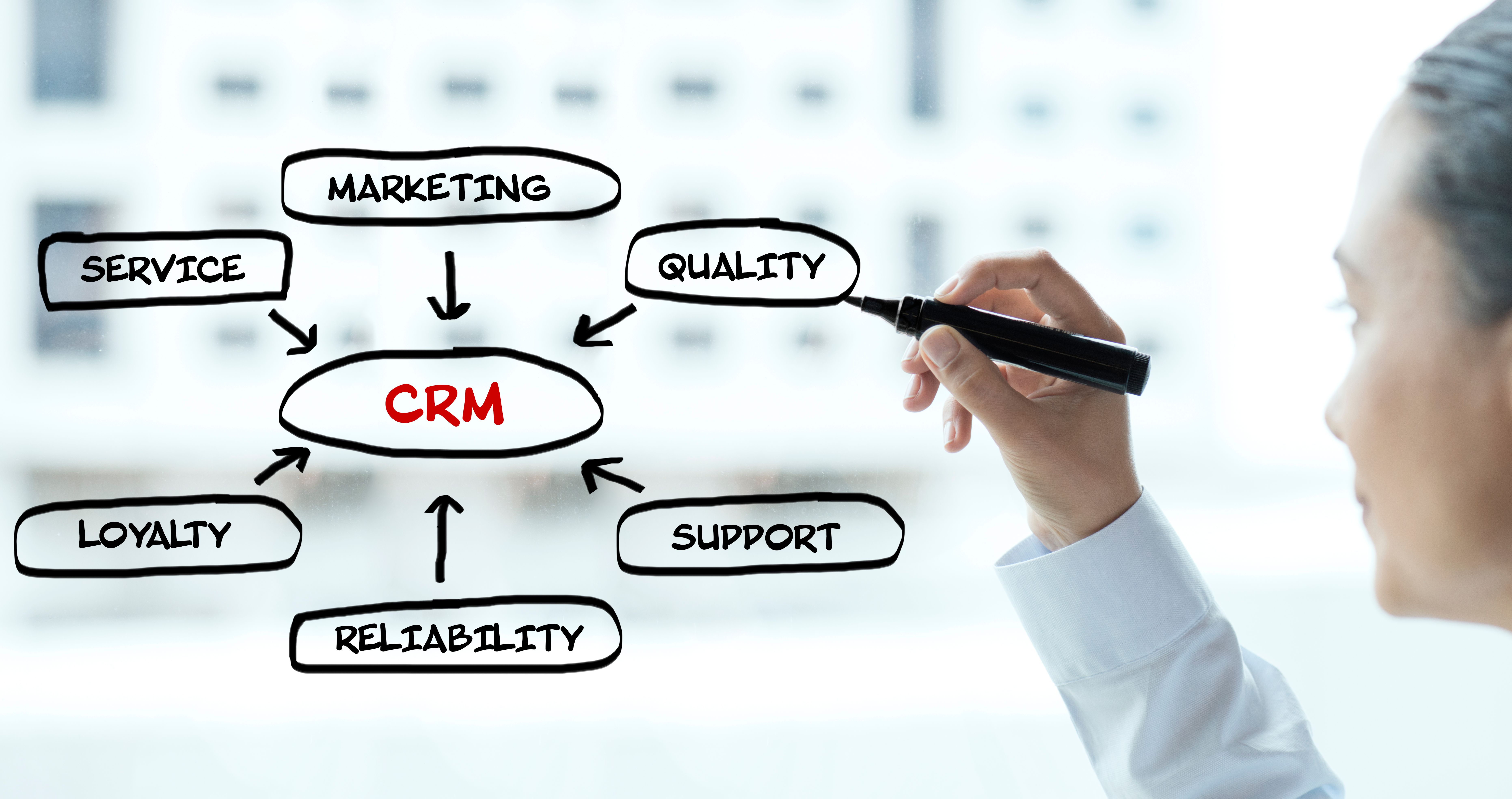Debunking the Top 5 Myths About CRM Systems
What are CRM Systems?
Customer Relationship Management (CRM) systems are tools designed to help businesses manage customer interactions efficiently. They provide a centralized hub for storing customer information, tracking sales, and managing customer service interactions. Despite their ubiquity and usefulness, several myths continue to surround these systems, often leading to misconceptions about their capabilities and benefits.

Myth 1: CRM Systems Are Only for Large Businesses
One common myth is that CRM systems are exclusively for large enterprises with massive customer bases. In reality, CRM systems are incredibly beneficial for businesses of all sizes. Small and medium-sized businesses can greatly benefit from CRM systems by streamlining their customer interactions and boosting sales efficiency. Modern CRM solutions are scalable, allowing businesses to choose features that suit their size and needs.
Scalability is Key
Many CRM platforms offer customizable plans, enabling small businesses to start with basic features and expand as they grow. This flexibility ensures that a CRM can evolve alongside the business, providing continuous support without overwhelming costs.

Myth 2: CRM Implementation is Too Complex
Another prevalent myth is that implementing a CRM system is overly complex and time-consuming. While setup and integration require some time and resources, many modern CRMs are designed with user-friendliness in mind. They often come with intuitive interfaces and robust support from providers to ease the transition.
Training and Support
Most CRM vendors offer comprehensive training and support materials, including tutorials, webinars, and dedicated support teams. This assistance helps businesses quickly adapt to new systems and ensures a smooth implementation process.
Myth 3: CRM Systems Are Just a Fancy Contact List
Some people mistakenly believe that CRM systems are simply glorified contact lists. In truth, while storing contact information is a component, CRMs offer much more. They provide insights into customer behavior, automate marketing tasks, track sales processes, and enhance customer service efforts.

Beyond Contact Management
CRMs integrate with other business tools to create a cohesive ecosystem that supports various departments. By facilitating better communication and data sharing across the organization, CRMs help improve overall business efficiency.
Myth 4: CRMs Are Too Expensive
The perception that CRM systems are prohibitively expensive prevents many businesses from considering them. However, the cost of CRM systems has become more affordable with the rise of cloud-based solutions and subscription-based pricing models. Businesses can select packages that align with their budgetary constraints.
Cost-Benefit Analysis
The initial investment in a CRM system often pays off through increased sales efficiency and improved customer satisfaction. By automating routine tasks and centralizing information, businesses save time and reduce operational costs.

Myth 5: Data Entry in CRMs Is Tedious
A final myth is that CRMs require excessive manual data entry, creating additional work for teams. While data entry is a part of using a CRM, many systems now offer automated data entry features. These include integrations with email clients, social media platforms, and other business tools to capture information automatically.
Automation Reduces Workload
Automation within CRMs helps minimize manual input by syncing data across various channels. This not only saves time but also reduces the likelihood of errors, ensuring more accurate and reliable customer data.
By debunking these myths, it's clear that CRM systems are versatile tools capable of transforming how businesses manage customer relationships. Understanding the true capabilities of CRMs allows companies to leverage their full potential, regardless of size or industry.